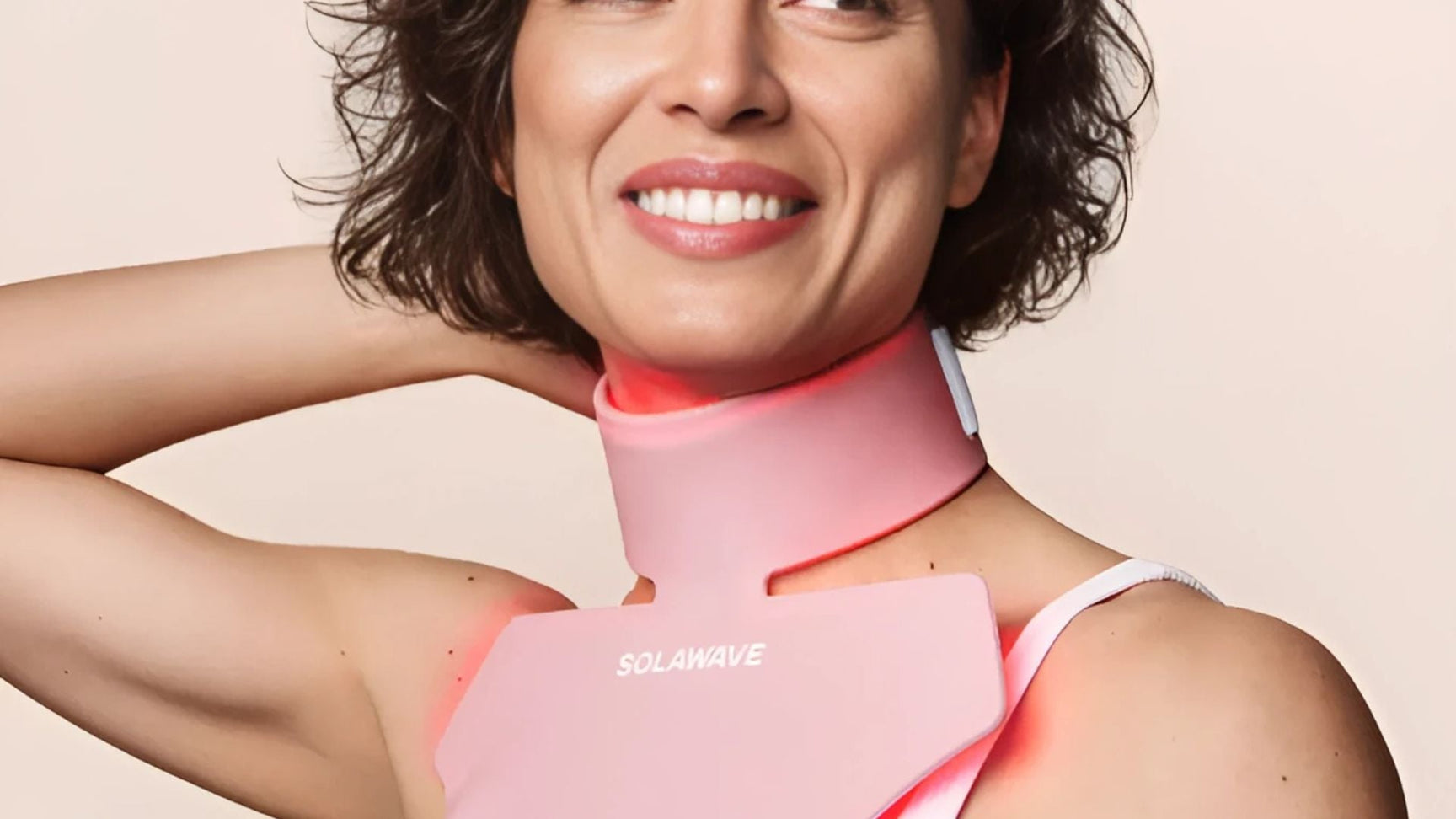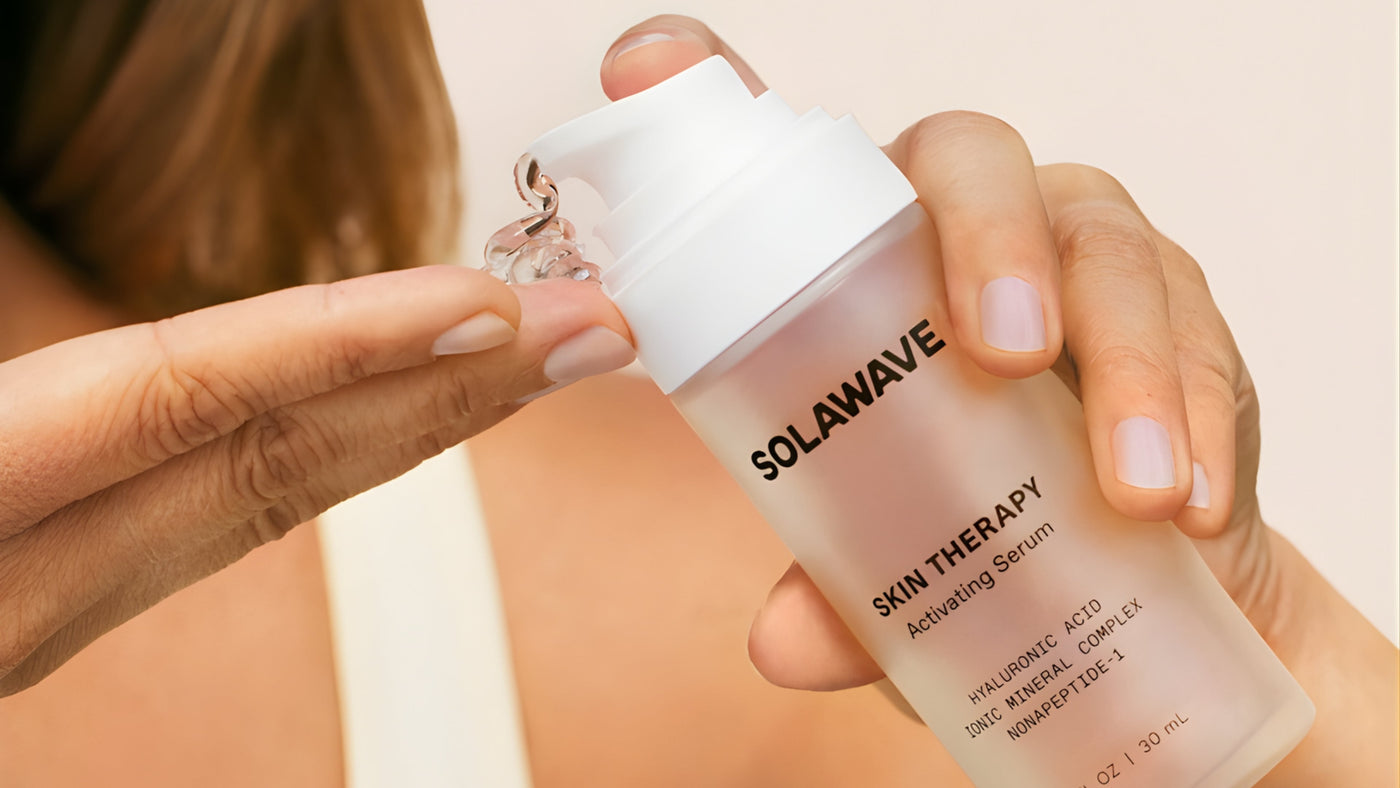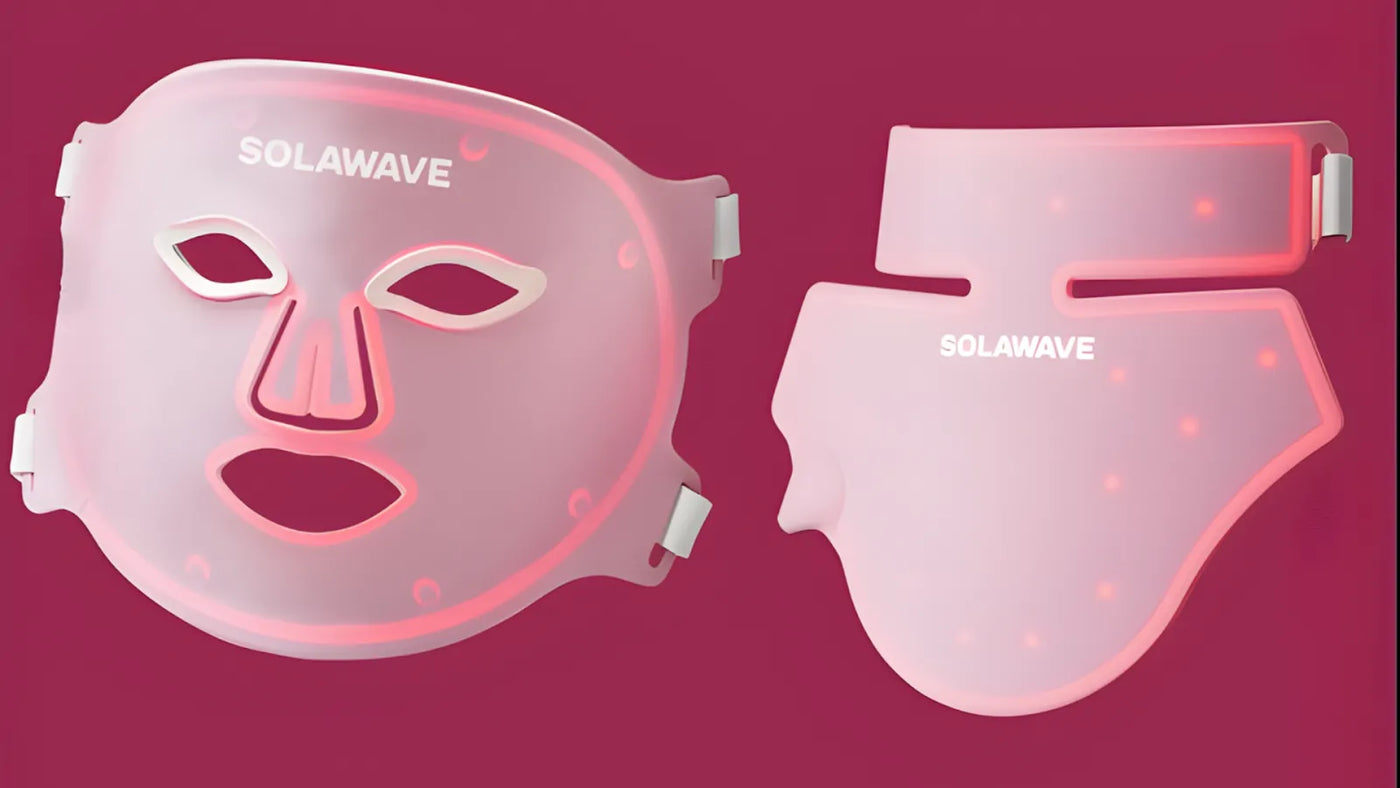

How to Treat Broken Capillaries on Chest: Red Light Therapy & Other Solutions
A Common Yet Overlooked Vascular Problem
A glance in the mirror after showering often uncovers crimson strands spreading across the décolletage. Those fine networks arise from sun damage, hormone shifts, heavy weight-lifting, and hot-yoga sessions. Makeup slides off under humidity; buttoned collars hide shape but never solve root causes. The guide below unpacks science-backed tactics, placing red light therapy for broken capillaries on the chest at center stage while comparing every other method worth attention.
Why Broken Capillaries Form on Chest Skin
Genetic Predisposition
Family history supplies weaker collagen scaffolding, leaving superficial venules exposed.
Ultraviolet Overload
Chronic sun exposure thins elastin fibers; chest skin sees midday rays more often than the face.
Hormonal Surges
Pregnancy, peri-menopause, or estrogen-based contraception boosts vessel diameter, creating fragile webs.
Mechanical Stress
Bench presses or tight bra bands spike intrathoracic pressure, stressing surface vessels.
Extreme Heat
Steam rooms, scalding showers, and sauna rituals enlarge capillaries repeatedly until walls lose recoil.
Understanding those triggers guides every preventive measure that follows.
Benefits of Red Light Therapy for Broken Capillaries on Chest
| Mechanism | Result for Chest Vessels |
|---|---|
| Cytochrome-c-oxidase activation | ATP surge fuels endothelial repair |
| Nitric-oxide release | Micro-circulation clears stagnant blood |
| Reactive-oxygen modulation | Inflammation declines; walls strengthen |
| Collagen-I gene up-regulation | Dermal matrix thickens, masking residual pigment |
Peer-reviewed work published 2019 in J Derm Laser Ther. recorded a 51 % reduction in chest telangiectasia diameter after eight weeks of 660 nm sessions—no downtime, no bruising.
At-Home Protocol Using Solawave 4-in-1 Wand
Device Advantages
-
660 nm diodes penetrate up to ~4 mm—appropriate for superficial facial venules.
-
Galvanic current (not microcurrent) enhances serum uptake and supports superficial fluid movement.
- The 43 °C warming plate improves serum absorption and comfort.
Five-Step Routine
-
Cleanse & Dry
Use a gentle, non-foaming cleanser; pat the face dry with a soft towel.
-
Serum Prep
Apply a vitamin K + arnica formula over the affected facial areas (e.g., cheeks, around the nose).
-
Glide Session
Keep the wand in light contact with the skin to enable the galvanic current and heat. Make slow, overlapping passes; cover ~10 × 10 cm per 5 minutes, targeting ~6 J/cm² from the 660 nm LEDs.
-
Frequency Map
Four evenings weekly during month 1 → taper to twice weekly in month 2 → then weekly maintenance.
-
Post-Care
Sun-protect the face: wear a wide-brim hat or UPF-50 face covering when outdoors and reapply mineral SPF 50 every two hours.
For facial use only; do not use it on the body.
Consistent adherence typically yields visible color fade around week 3; ~80% clarity often appears by weeks 7–8 for mild facial webs.
Step-wise Treatment Blueprint
| Timeline | Action | Expected Outcome |
|---|---|---|
| Day 0 | Baseline photographs under daylight | Clear reference point |
| Weeks 1–4 | Four Solawave sessions weekly | Colour softens 15 % |
| Week 4 | Review images; adjust fluence downward 10 % if irritation shows | Comfort preserved |
| Weeks 5–8 | Continue protocol; add vitamin C mornings | Fade accelerates to 60 % |
| Week 8 | Laser consult if residual network > 40 % | Escalation option |
| Maintenance | One LED pass weekly + sun discipline | Clarity sustained 18 months |
Cost Comparison – Home vs Clinic
| Plan | Downtime |
|---|---|
| Solawave Wand + Serums | None |
| Single 532 nm Session | 3–5 days spots |
| Two Pulsed-Dye Sessions | 2 × 48 h crust |
| Nd:YAG Course (2 visits) | 24 h swelling each |
Household LED routines save ~430 USD year one, plus zero travel.
Possible Side Effects & Contraindications
| Modality | Common Reactions | Contraindications |
|---|---|---|
| Red-light LED | Temporary warmth, slight pink flush | Photosensitizing medication, recent tan burns, pregnancy (data limited) |
| KTP / PDL | Bruising, purpura, edema | Active infection, keloid tendency |
| Nd:YAG | Edema, transient hyperpigmentation on darker skin | Melasma flare risk |
Patch testing optional for LED yet advisable after recent retinoid start.
Prevention Tactics – Lock Results Long Term
-
Mineral SPF 50 on chest daily, even under cloud cover.
-
UPF Clothing during beach trips or long drives.
-
Progressive-load Strength Training to limit sudden pressure spikes.
-
Gentle Skin-Care Tools —no loofahs or harsh scrubs on décolletage.
-
Cool-down Ritual after hot yoga: chilled towel press ten seconds.
-
Trigger-Track Journal noting alcohol, spicy meals, or sauna outings that intensify redness.
Conclusion
Early, consistent red light therapy for broken capillaries on chest reshapes endothelial health, thickens collagen, and fades colour without social downtime. When deeper feeders remain, clinic lasers step in for final polish. Sunscreen, antioxidant serums, controlled heat exposure, and compression garments then defend results year-round, making future capillary ruptures far less likely.
Frequently Asked Questions
How long before broken capillaries reappear once cleared?
Routine weekly LED passes plus strict UV defense often keep chest skin clear eighteen months or longer.
Can darker Fitzpatrick V–VI skin use 660 nm LEDs on the chest?
Yes; hemoglobin, not melanin, absorbs red photons, though initial fluence can drop ten percent while monitoring for pigment change.
Is IPL a good choice for chest telangiectasia?
Broadband pulses help when sun spots accompany vessels; however, fluence control proves critical to avoid burns on lightly clothed zones.
Does vaping or cigarette smoke worsen chest spider veins?
Nicotine constricts vessels acutely, then rebound dilation fatigues walls—quitting remains advisable for vascular and overall skin health.
Are topical vitamin K creams alone enough?
Such formulas calm bruising yet seldom close ruptured veins; combining with red light therapy yields superior durability.



















